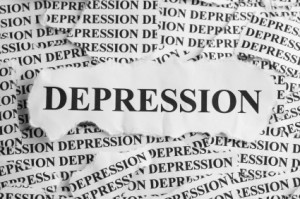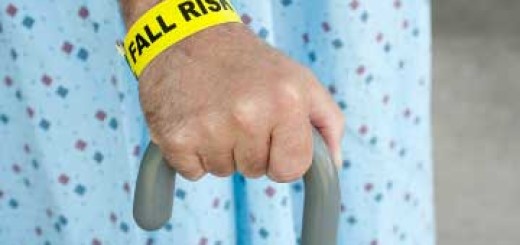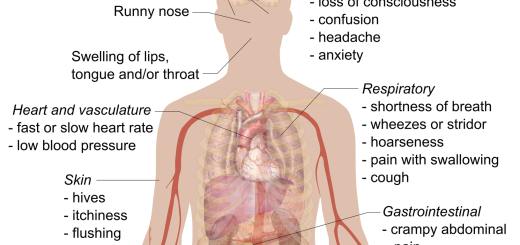First aid for depression

Knowing what to say to someone who is experiencing depression or a depressive crisis can be challenging even when you know the person. When it’s a stranger it can be even more difficult.
What is depression?
Depression is a state of persistent low mood with a wide range of physical and psychological symptoms which vary depending on the condition and severity but can include:
- Feelings of worthlessness
- Fatigue
- Loss of interest in daily life
- Lack of energy
- Interrupted sleeping pattern
- Having suicidal thoughts
- Weight gain
- Irritability
- Feeling anxious and worried
- Speaking and moving more slowly than usual
Up to 17% of people will experience some form of depression in their lives.
First aid for depression
To make a difference we need to talk, and everyone can, you don’t have to be a professional to do so.
Here’s our handy mnemonic for providing first aid for people experiencing depression: THE BLUES
Time
Make sure you have enough time to talk. Interruptions can put people off sharing what’s on their mind.
How are you today?
Think, is right now good for you? Helping when you’re stressed or sad can hinder your efforts. Make sure you’re relaxed and ready.
Environment
Think about your surroundings. Try and find somewhere quiet where you won’t be disturbed and where the person feels comfortable.
Be non-judgemental
Try not to make assumptions or offer advice. Everyone’s mental health experience is different. It’s the talking that matters, you can’t solve their problems.
Listen
With your ears and body language. Try and say as little as possible.
Use open questions
Where possible to get the person to open up. “You don’t seem yourself at the moment, how have you been doing?” Avoid questions which have a yes/no answer.
Encourage to seek help
Depression needs to be treated with talking therapies such as Cognitive Behavioural Therapy (CBT) or medications (anti-depressants) by health care professionals.
Suicidal intentions
Research has shown that asking whether someone has had thoughts of committing suicide does not ‘put the idea in their head’/increase the risk of them doing so. If you are concerned someone is expressing suicidal thoughts then you should seek help from a health professional.
If you are concerned for a person’s safety then contact the emergency services.
Try and remember it’s not what you say that counts, in fact the little you say the better. It’s about showing the individual that you are there, that you have the time for them and that they matter.





